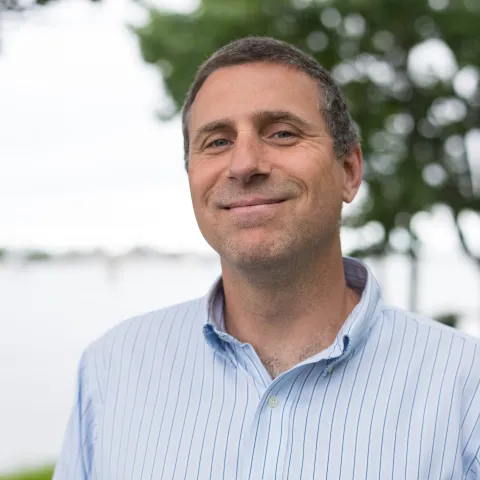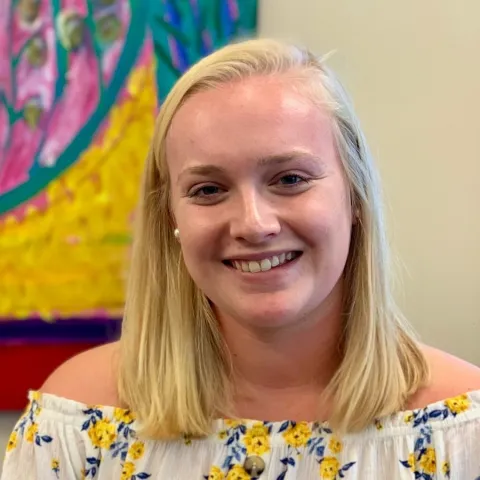Study the Humanities While Preparing to Attend UNE’s College of Osteopathic Medicine
UNE’s HuMed program is for undergraduate students who have an affinity for history, literature, or philosophy, along with a demonstrated aptitude for the natural sciences to pursue their passions on the pathway to medical school. Students who complete their degree in a qualifying humanities major and meet all of the HuMed requirements are guaranteed an interview for admission to UNE’s College of Osteopathic Medicine program, setting them at a significant advantage over other applicants. Moreover, they will have developed skills and knowledge essential to their success as medical students and career fulfillment as osteopathic physicians.
Research increasingly shows that humanistic study enables development of the wisdom, empathy, communication, and other skills required of practicing physicians. To gain these benefits, HuMed students graduate having completed a senior thesis along with major requirements in English, History, or Interdisciplinary Studies in the Humanities. Additional curricular requirements provide structured opportunities to engage with UNE’s Center to Advance Interprofessional Education and Practice (CAIEP, formerly the Center for Excellence in Collaborative Education) in order to gain familiarity with the team-based and patient-centered approaches that are at the leading edge of health care today.
Completing required coursework in the sciences at UNE allows students to become familiar with a faculty and campus rich in osteopathic heritage, easing the transition to professional studies. Students also benefit from the small class sizes of a humanities faculty with expertise in areas such as bioethics, history of disease, and graphic medicine that highlight the necessary interconnections between the humanities and medical science.
HuMed is an enrichment program that offers curricular flexibility — not an accelerated program. It gives students the ability to focus time, energy, and attention on aspects of the human condition not achievable via a traditional pre-med track.
Key Elements
- Small-scale undergraduate classes and programs
- Personalized advising
- Admissions interview with UNE’s College of Osteopathic Medicine
- No MCAT requirement
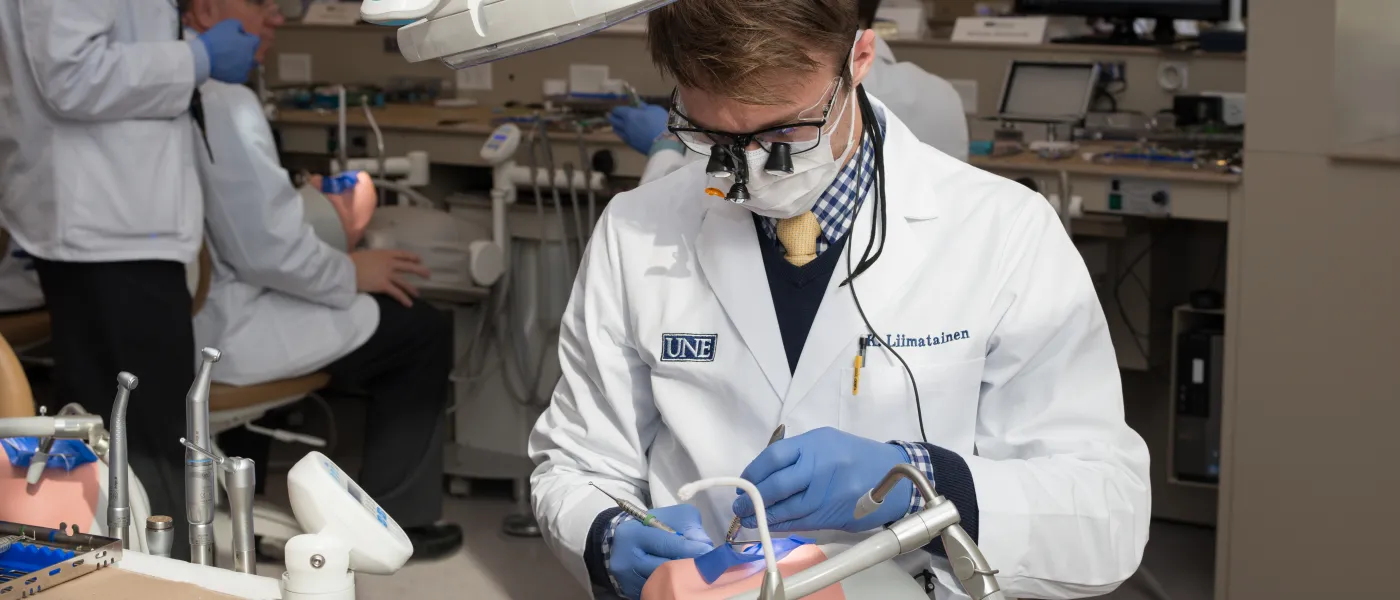
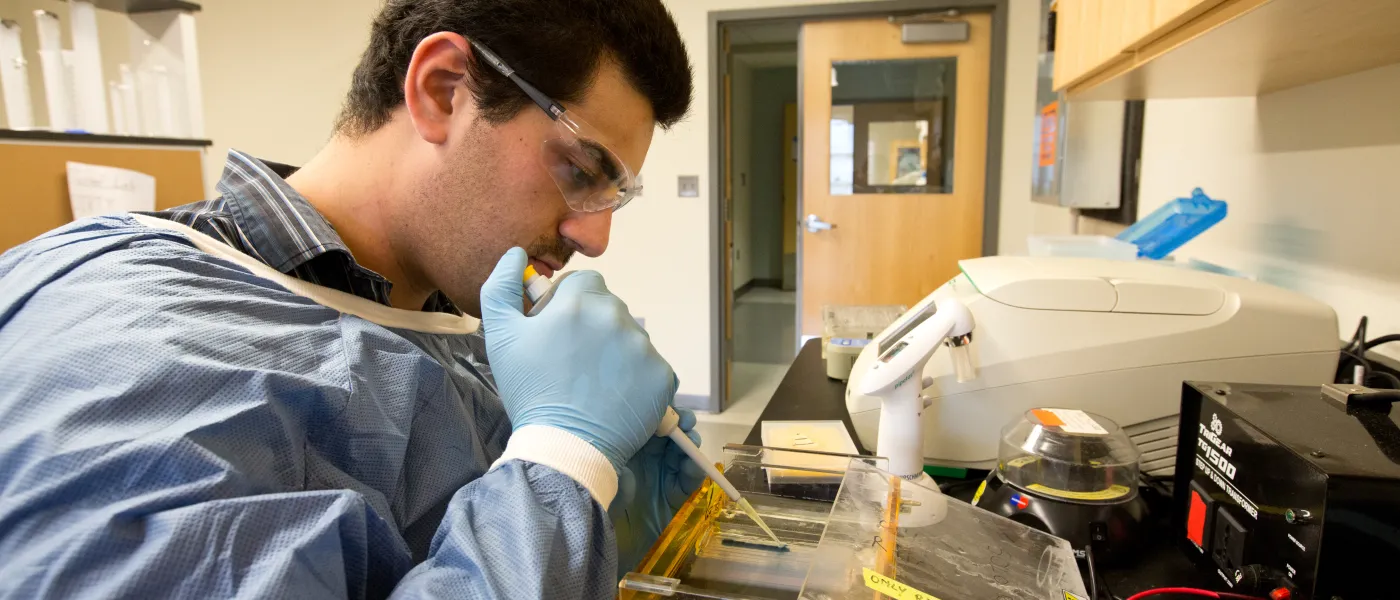
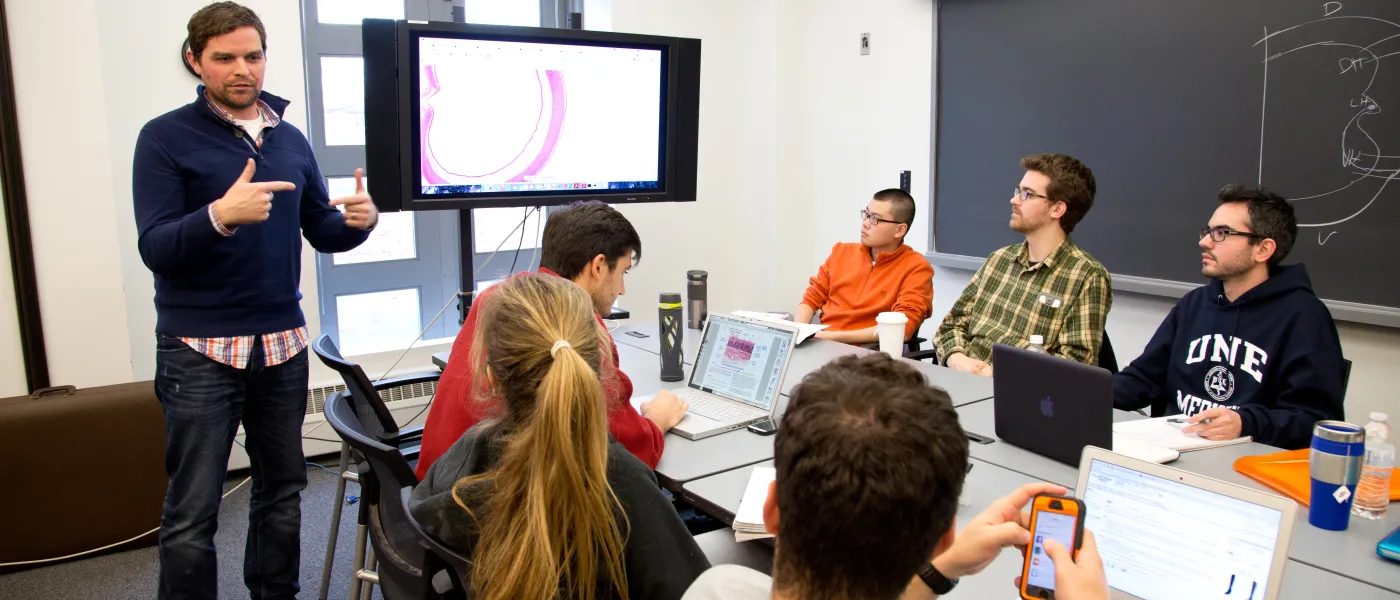
Contact
